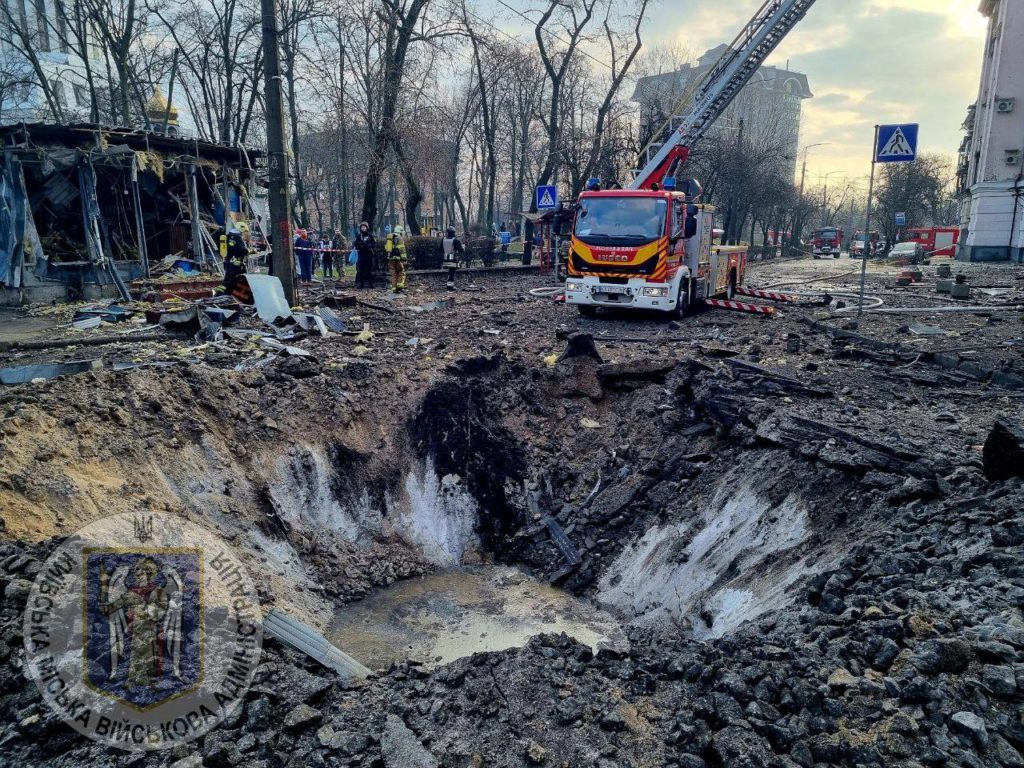German government reiterates opposition to NATO no-fly zone over Ukraine
Despite recent appeals by German politicians, the government reiterates opposition to a NATO no-fly zone over Ukraine, citing previous alliance denial.


Despite recent calls by some German politicians for a NATO-enforced no-fly zone over Ukraine, a German government spokesperson has reaffirmed that Germany’s position remains unchanged, as the alliance had previously denied such a request, according to Reuters as cited by Sky News.
German politicians consider the use of NATO’s air defense systems stationed in Poland and Romania to protect the skies over Western Ukraine from Russian drone attacks. This initiative aims to create a safe zone extending up to 70 kilometers into Ukrainian territory, potentially relieving pressure on Ukraine’s own air defense resources, allowing them to focus on other critical areas along the front. The initiative is reportedly backed by various members of Germany’s ruling parties, including the Free Democratic Party (FDP) and the Greens.
Commenting on the discussions, the German government’s spokesperson noted:
“We rejected that at the time and I think the same applies to the different requests that are now being made,” the spokesperson said, according to Reuters.
Back on 4 March 2022, days into Russia’s full-scale invasion of Ukraine, NATO declared its decision against implementing a no-fly zone in Ukraine, with NATO chief Jens Stoltenberg stating that NATO’s responsibility was “to prevent this war from escalating beyond Ukraine.” To which Ukraine’s President Volodymyr Zelenskyy responded that values of “security guarantees and promises, determination of alliances” seemed dead to NATO.
Read also:
- German politicians suggests NATO shoot down Russian drones over Ukraine
- Germany to purchase HIMARS systems from US for Ukraine
- Ukraine should not become a sacrificial lamb to Putin for our illusion of peace (2022)
- NATO, you are already part of the conflict. Enforce a no-fly zone in Ukraine, now (2022)
- No-fly zones and other ways the international community can help Ukraine
You could close this page. Or you could join our community and help us produce more materials like this.
We keep our reporting open and accessible to everyone because we believe in the power of free information. This is why our small, cost-effective team depends on the support of readers like you to bring deliver timely news, quality analysis, and on-the-ground reports about Russia's war against Ukraine and Ukraine's struggle to build a democratic society.
A little bit goes a long way: for as little as the cost of one cup of coffee a month, you can help build bridges between Ukraine and the rest of the world, plus become a co-creator and vote for topics we should cover next. Become a patron or see other ways to support.


